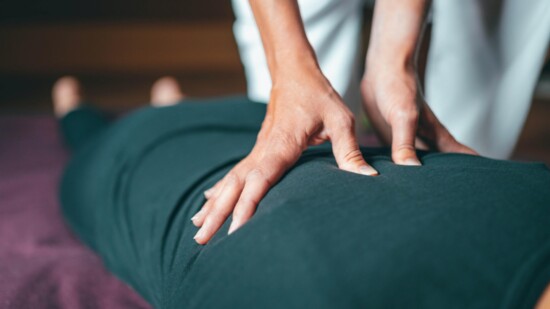Kalena Chan has 30+ years of experience as a physical therapist. She is the owner of Mangostana Pelvic Health and Body Care, and has offered our readers some insightful menopause advice.
Perimenopause and Menopause is one of the critical times in our life cycle that women go through with often not much information of how to make a smooth transition.
1. Bladder dysfunction and frequency is common but it’s not normal
- hormone changes can make symptoms worse
- it's not just about pelvic muscle weakness - it's about imbalances with all the neighboring muscles
- dietary triggers like coffee, tea, and carbonated drinks can make the bladder irritated
2. Pelvic Organ Prolapse can often be a problem
- Misconceptions about prolapse
- The new science – bio tensegrity model
- non surgical treatments- pessaries, breathing exercises, physical therapy
3. Metabolism and Weight changes can happen almost overnight
- Women health experts say that you need to lift HEAVIER weights, not lighter for longevity
- decreasing hormones in perimenopause contribute to bone loss and loss of muscle mass
- new science shows that women actually need to lift weights and continue HIIT workouts at least 3-4 x a week
4. Heart Health can be highly impacted during this time due to the drop in estrogen levels
- Research suggests that women who experience frequent or severe hot flashes may be at higher risk of cardiovascular events such as heart attacks and stroke
5. Women will lose about 1% of their lean muscle mass during perimenopause and beyond due to the loss of estrogen if they do not exercise. (jiggly arms anyone?) Strength training exercises and an adequate intake of protein can help dramatically slow down this process
6. Joint pain and stiffness is common yet often overlooked symptoms of Perimenopause and menopause. Yet hormonal changes can contribute to inflammation and joint discomfort. Regular movement practice and exercise with a protein-centric diet can help alleviate this progression.
Of course, there are so many more symptoms that are related to this big transition time like brain fog, loss of mojo or motivation, skin changes, etc. However, a well-informed health team like a pelvic health therapist, gynecologist, functional medicine practitioner, and acupuncturist can all help make this transition smoother. Mangostana is located at 1020 Coal Avenue SE in ABQ. Their number is 505.221.6475 and the website is mangostana.net.
